Watching Boris Johnson in Dublin, where he came to ask Taoiseach Leo Varadkar to get him out of a hole, I am struck again by how disorienting Brexit has been. Everything we are used to in Anglo-Irish relations has been reversed. For the first time since Henry II invaded in 1171, Ireland has more power than England. Ireland has always been the weaker party: smaller, poorer, less influential in the wider world. Most Brexiters, if they thought about the Irish aspect of their project at all, relied on an eternal truth: Dublin would simply have to play by London’s rules. It is hard to blame them — a habit of mind formed over 800 years is hard to shake off.
But the body language in Dublin is startling: Varadkar confident and fluent; Johnson shifty, fidgety and unsure, his only joke an accidental one: ‘Thirty years — I mean 30 days — ought to be enough if we concentrate our minds.’ The reason is simple: Ireland is part of a bloc of 27 countries that is bigger and more powerful than Britain. Brexiters have been enraged by Ireland’s determination to stick with the EU and see the consistent refusal of the Irish government to engage in bilateral negotiations about the border as spitefully Anglophobic. It’s really just rational politics: why would you walk away from a position of strength and return to the unhappily familiar role of the junior partner? The shift is nonetheless dizzying. None of us is used to it. The comfortable routines of condescension on one side and chippy defensiveness on the other don’t work any more. Johnson’s palpable unease in Dublin, not knowing whether to be patronisingly matey or gruffly demanding, told us much more than anything he said.
As the mad angst about national identity has fallen in Ireland, it has correspondingly risen in Britain. And doesn’t Johnson look like a very Irish figure? Or at least like a particular English fictional stereotype — the Irish adventurer blagging his way into the very heart of English society, the amoral opportunist who the historian Roy Foster calls the ‘Mick on the Make’? Johnson is of course Eton and Oxford, but he has that strange outsider/insider mentality of someone who is at once desperate to belong and contemptuous of the very institutions he wants to belong to. He is a Rake on the Make, strangely reminiscent of the kind of Irish chancer who haunts English literature, most recently in Edward St Aubyn’s Patrick Melrose saga, where the mother hands over the estate to the charming, cynical Seamus. Or indeed of Thackeray’s novel The Luck of Barry Lyndon, which Stanley Kubrick turned into one of the greatest of all films. Johnson’s rise and fall may be bad politics but some day it will surely make an equally splendid movie. It seems a pity that one of the great Irish rogues, Peter O’Toole or Richard Harris, isn’t around to play him.
All this is rooted in the great historical irony of Brexit: England imagining itself as if it were Ireland, an oppressed little nation breaking the chains of colonial bondage. I am suitably discombobulated to read that on the door of Nigel Farage’s office in Brussels, just beneath his name, is a portrait of his hero, the 19th-century Irish nationalist leader Charles Stewart Parnell. Surely, if English nationalism wants to claim Parnell, it would be only fair to give Ireland an English hero in return. James Tyrone in Eugene O’Neill’s Long Day’s Journey into Night claims that Shakespeare was an Irish Catholic. I can’t speak for all my countrymen, but I’d be happy to live in Stratford-upon-Liffey.
The Times does fine work in tracking down the story of the Englishman Billy Hampton, who has left £1.5 million to Sinn Féin in his will because he was in a rage against the British government. It reports that he had previously sliced off his own penis. Two things seem remarkable. The story only makes page 20 — and quite rightly since it is far down the list of bizarre political developments, way behind the antics at Westminster. Plus, cutting off your penis and giving all your money to the most Anglophobic party you can think of is currently only the second most extreme form of self-harm in English politics, some distance behind a no-deal Brexit.
The worst thing if you are signing books is to be placed next to a superstar. My nice little trickle at the FT Weekend festival in London is washed away by the torrent of people with much better taste queuing for Robert Harris. I console myself that Harris surely doesn’t have a dog named after him — a very nice lady has sent me a photo of her new baby pug which she has called Fintan O’Toole. It could be worse: if he were a British bulldog, Anglo-Irish confusions would have gone too far.
Got something to add? Join the discussion and comment below.
Get 10 issues for just $10
Subscribe to The Spectator Australia today for the next 10 magazine issues, plus full online access, for just $10.
You might disagree with half of it, but you’ll enjoy reading all of it. Try your first month for free, then just $2 a week for the remainder of your first year.

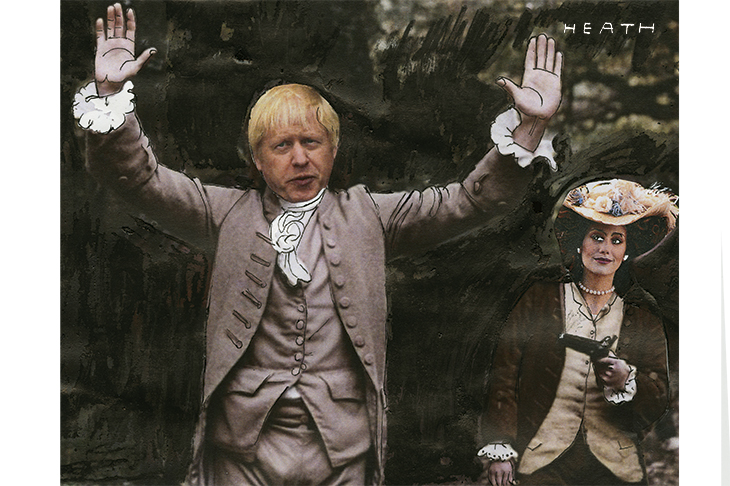
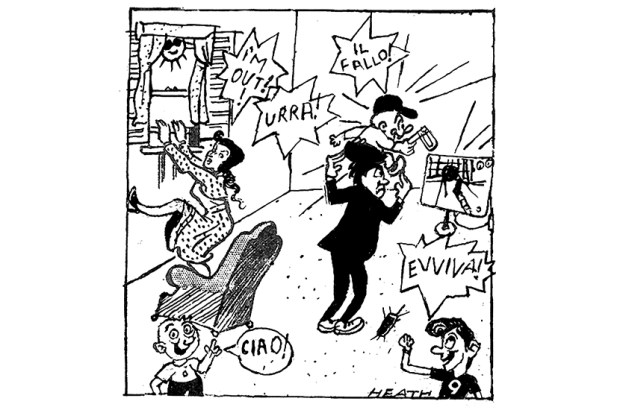
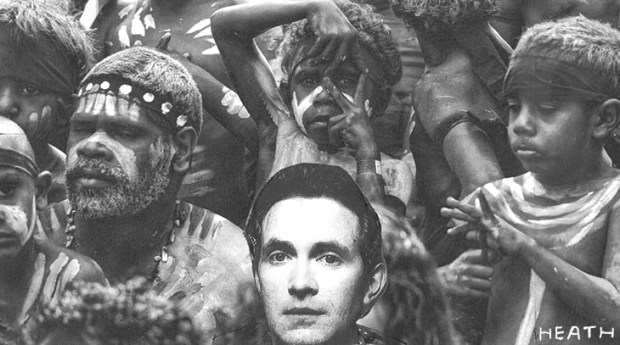
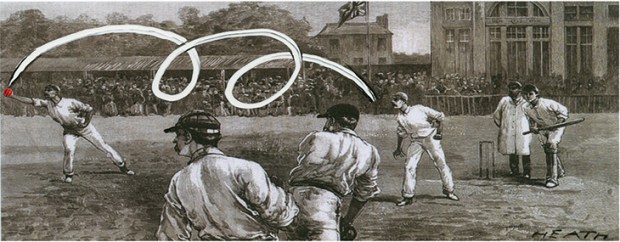
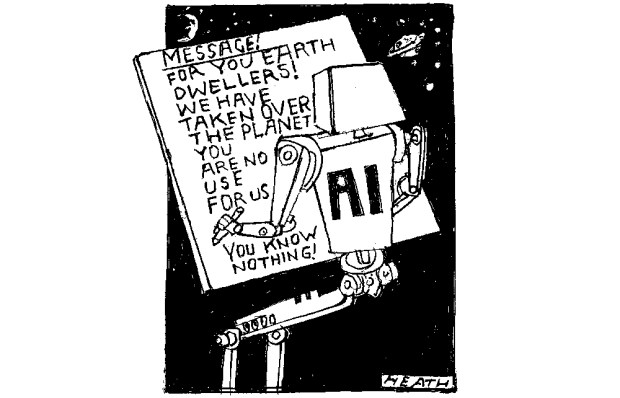
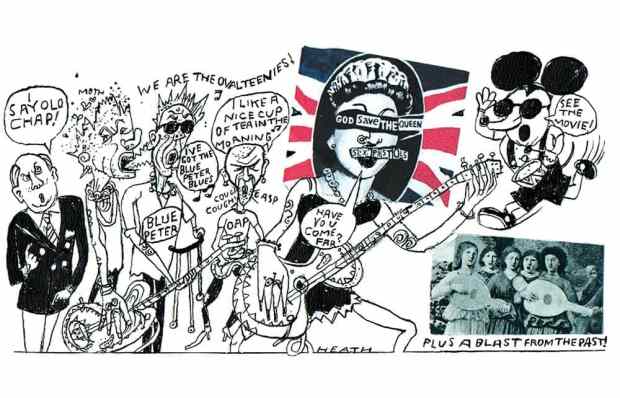
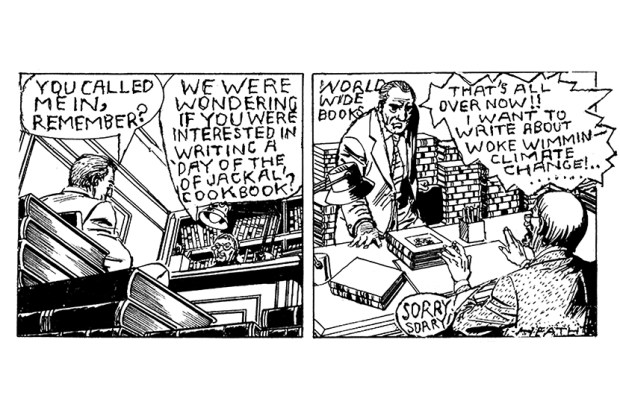






Comments
Don't miss out
Join the conversation with other Spectator Australia readers. Subscribe to leave a comment.
SUBSCRIBEAlready a subscriber? Log in